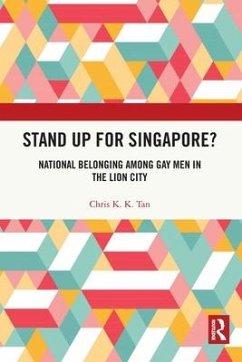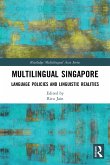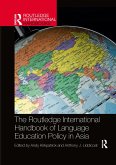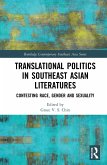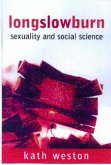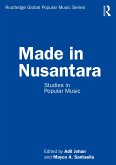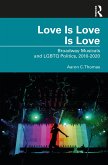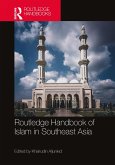This book details queer Singaporeans' efforts to fashion their sense of national belonging and highlights how the Singaporean state could have better incorporated its diverse population into its nation-building framework.
Inspired by previous studies that document the history of the gay rights movement, the construction of post-colonial lesbian identities, and online queer activism, this book invokes the concept of "cultural citizenship." It argues that as citizens, gay men appreciate the material wealth the People's Action Party (PAP) has created. Yet, the PAP's illiberal governance inhibits the development of genuine fondness for the party and, by extension, the nation. Worse, the state's heteronormative social policies further alienate these men. Even so, queer Singaporeans continue to assert their national belonging during Pink Dot and other queer events. As the first monograph to focus on Singaporean gay men, this book aims to enrich scholarly understanding of queer life in Southeast Asia.
Academics and students of anthropology and sociology (especially those interested in the nation-state), Southeast Asian Studies, and Queer Studies will find this book innovative and insightful.
Inspired by previous studies that document the history of the gay rights movement, the construction of post-colonial lesbian identities, and online queer activism, this book invokes the concept of "cultural citizenship." It argues that as citizens, gay men appreciate the material wealth the People's Action Party (PAP) has created. Yet, the PAP's illiberal governance inhibits the development of genuine fondness for the party and, by extension, the nation. Worse, the state's heteronormative social policies further alienate these men. Even so, queer Singaporeans continue to assert their national belonging during Pink Dot and other queer events. As the first monograph to focus on Singaporean gay men, this book aims to enrich scholarly understanding of queer life in Southeast Asia.
Academics and students of anthropology and sociology (especially those interested in the nation-state), Southeast Asian Studies, and Queer Studies will find this book innovative and insightful.

